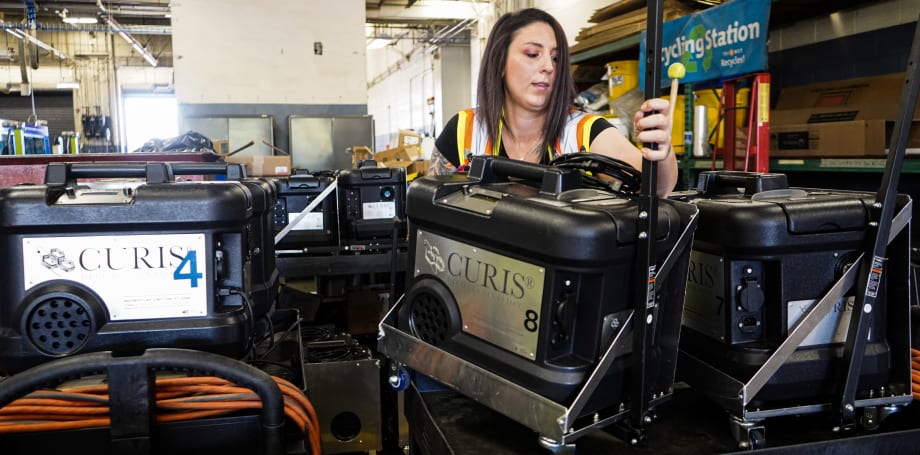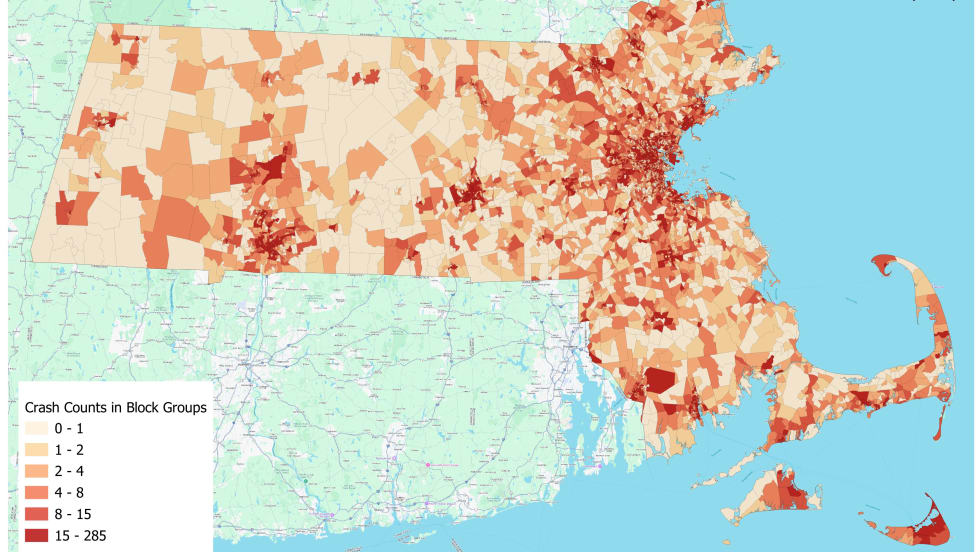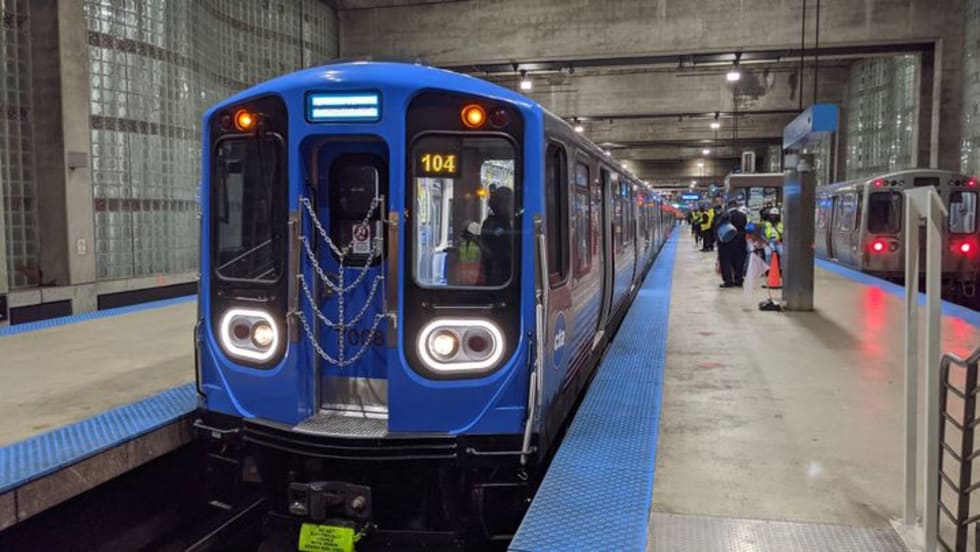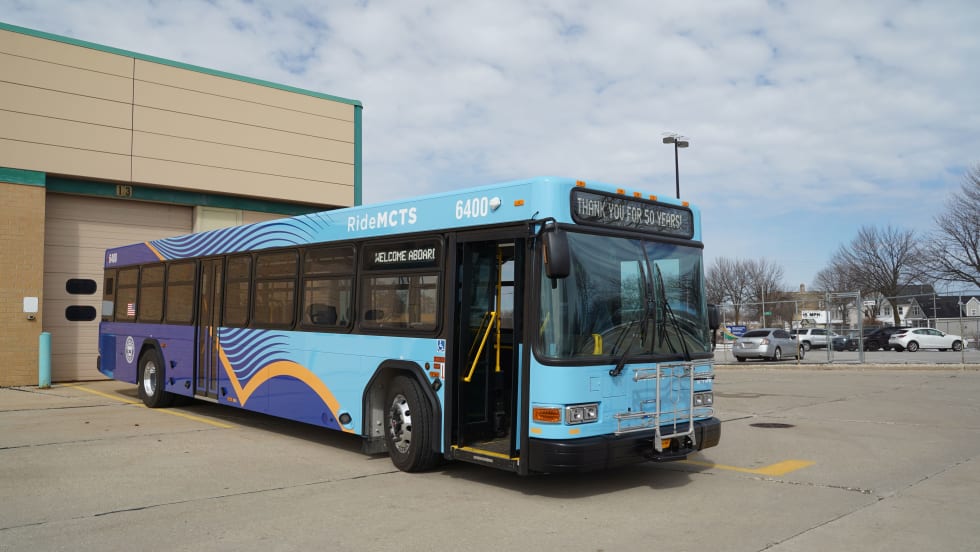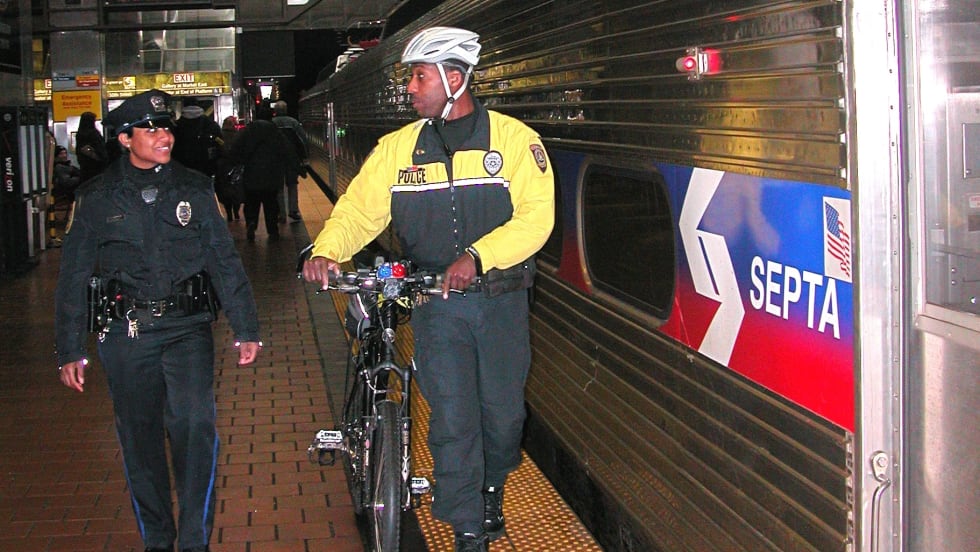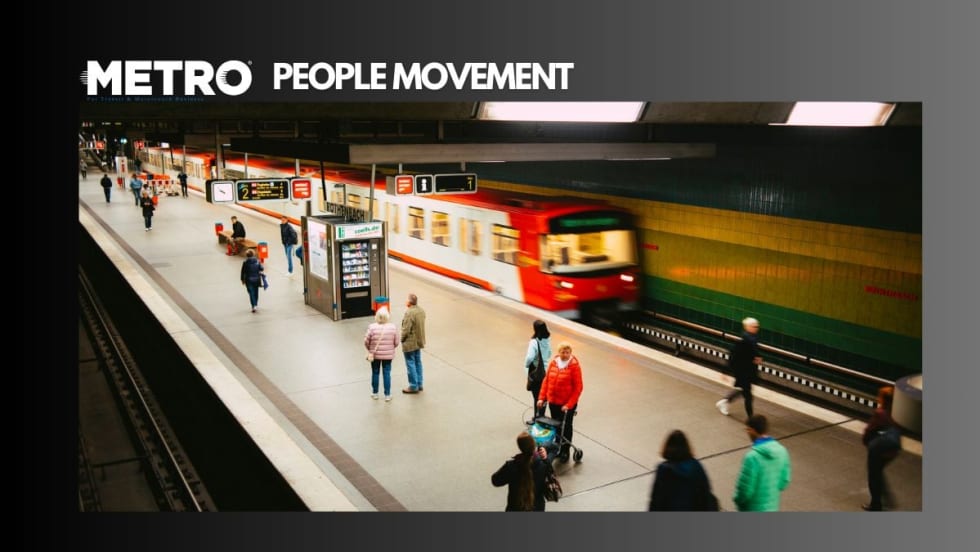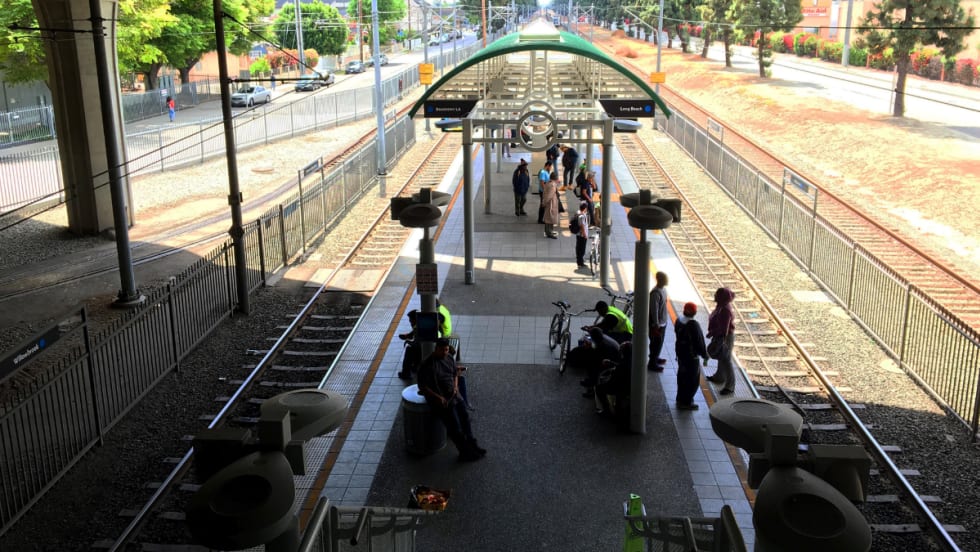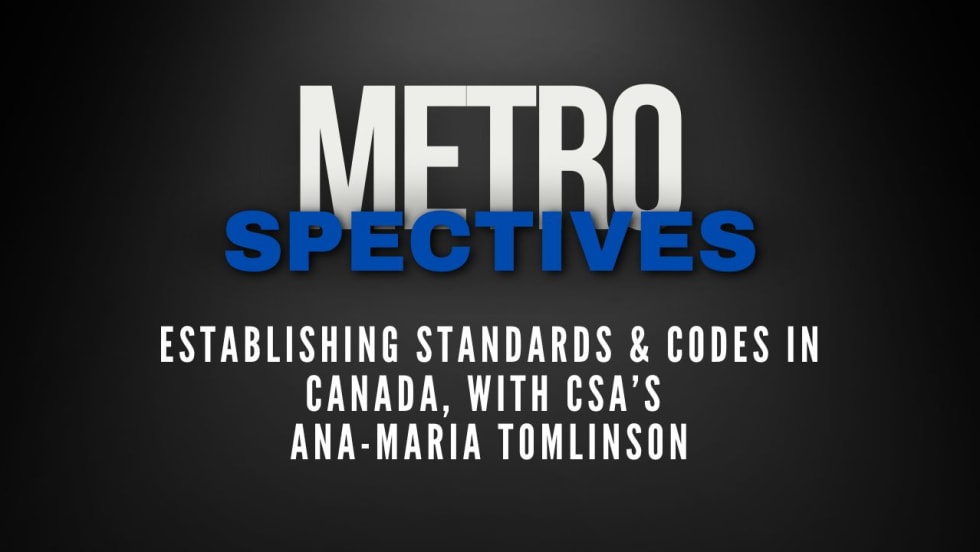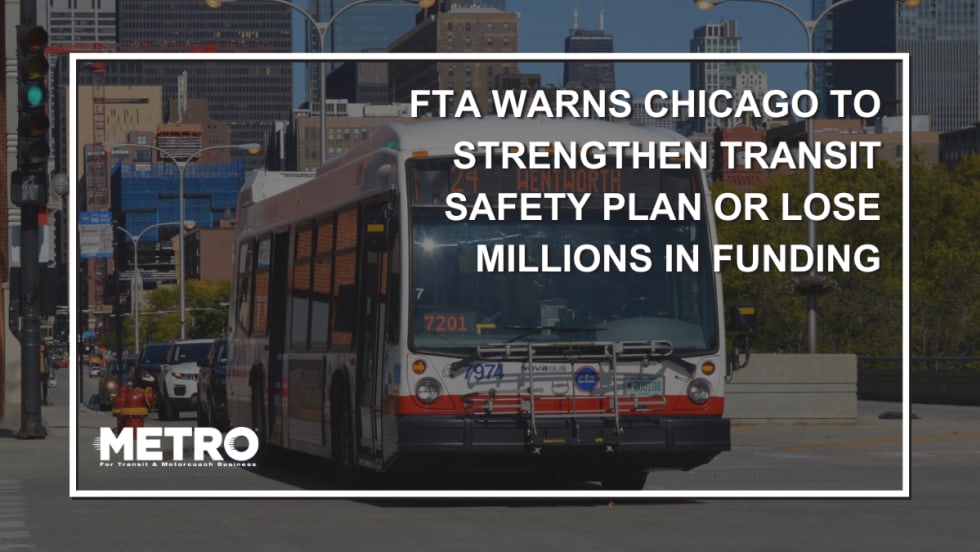With COVID-19 basically canceling the trade show and awards season, METRO Magazine decided to honor our 2020 Innovative Solutions Award winners here in print.
Now in its sixth year, the Innovative Solutions Awards honors bus operations and their supplier partners who have implemented initiatives that helped them save money, run more efficiently, streamline operations, increase safety, improve customer satisfaction, increase ridership, and more. This year, we categorized our winners into six categories: Technology, Safety, Passenger Experience, Operations, Clean Tech, and Mobility.
When the novel coronavirus hit the transportation industry, some companies scrambled to find solutions to help keep drivers safe and routes operational. Traditional cleaning methods often miss areas, and disinfectants that kill 99.9% of germs can still leave up to 1,000 harmful organisms behind on the surface. This was once considered acceptable, but after the pandemic hit that was no longer the case.
Portland, Ore.’s TriMet and N.Y. motorcoach operator Hampton Jitney tapped CURIS System’s hydrogen peroxide fog to revolutionize their disinfection practices and cleaning protocols, changing expectations of germ safety from attempts to “just clean better” to an achievable, measurable kill of 99.9999% of dangerous germs. TriMet uses the device daily on every piece of equipment to make sure each and every day they start out with a fresh, clean, and safe piece of equipment.
“As the pandemic was reported in the Portland metro area, TriMet quickly focused on how to increase the cleaning of all our vehicles as an added safety effort for our riders and employees,” explains Tyler Graf, public information officer at TriMet. “[We] increased staff and developed new and efficient ways of cleaning our vehicles. We added 36 foggers, as well as other devices and tools, to help our cleaning. We use the foggers, along with traditional methods, to thoroughly clean all our buses at the end of the service day. The foggers also are the first method of cleaning a bus when we have a suspected COVID-19 case on board, as crews can simply slip a fogging machine into the bus, seal it, and operate it remotely.”
Staff easily place the portable, suitcase-sized CURIS fogging device into the bus and use an app to control the fogger from a safe location. While the bus quickly fills with germ-killing fog, staff move on to other tasks and use the app to monitor the treatment in progress. When fogging is done, doors are opened for a quick airing out and re-entry. The healthy bus is ready for use and a report of the treatment is saved for future planning and as proof of disinfection.
CURIS’ sporicidal disinfectant is a hospital-grade, EPA-registered low-level 7% hydrogen peroxide (EPA Reg. No. 93324-1) with a 99.9999% efficacy on the hardest to kill germs in a tri-part soil load. The hydrogen peroxide decomposes to water and oxygen leaving no harmful residues.
“Knowing that a hospital-grade disinfection process is being utilized on our coaches and that the hydrogen peroxide mist solution reaches virtually everywhere is a huge comfort to our passengers,” explains Andrew Lynch, VP at Hampton Jitney. “Adding the CURIS fogging system as a part of our sanitizing protocols provides us with a gold standard solution for the COVID-19 era."
Utilizing the CURIS system is just one step being taken by both operations in maintaining safety for their employees and passengers.
Hampton Jitney’s Lynch says the operation is also limiting capacity, adding hand sanitizing machines at the door, maintaining cleaning protocols, and being vigilant on mask enforcement.In addition to providing clean buses and trains and touchpoints, TriMet has also taken several steps to help people stay safe.
“We require face coverings when riding, and TriMet was among the first transit agencies in the country to provide free disposable masks on board our trains and buses. We have also since added hand sanitizer dispensers,” says Graf. “We’re also promoting physical distancing by limiting the number of passengers allowed on board and marked off seats to help provide riders a visual guide on how to space out.”
In addition, by the end of September, all the agency’s buses will have safety panels next to the operator’s seat. Made of safety glass, the panels help block airborne droplets and help prevent the spread of COVID-19. TriMet has also taken some other steps and continues to educate its riders and employees on how to stay safe during the pandemic. The agency has summarized its efforts and the principles guiding their response in an eight-point plan that is posted at trimet.org/health.



